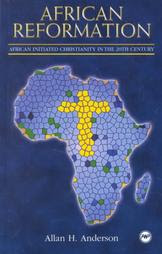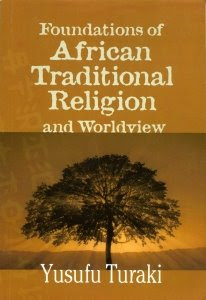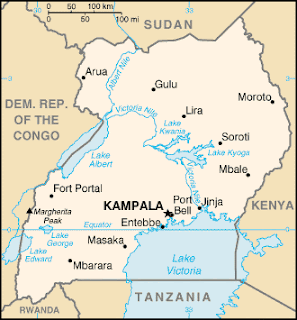“For My thoughts are not your thoughts, neither are your ways My ways, declares the LORD. For as the heavens are higher than the earth, so are My ways higher than your ways and My thoughts than your thoughts.”
Isaiah 55:8–9
Dear Friend,
 Over two years ago, we established a vision and set goals to advance biblical discernment in East Africa. I’ve been devoted to making that vision a reality ever since. However, we’ve now passed our prayerfully determined goal of launching our ministry. The end of May has come, and we have less than 1/3 of our needed monthly financial support.
Over two years ago, we established a vision and set goals to advance biblical discernment in East Africa. I’ve been devoted to making that vision a reality ever since. However, we’ve now passed our prayerfully determined goal of launching our ministry. The end of May has come, and we have less than 1/3 of our needed monthly financial support.
What does this mean? My family will not be moving to East Africa in the foreseeable future. In His providence—and in the midst of a global recession—our Lord hasn’t opened this door to us. I’ve found it unproductive to ask “Why?” and accept full responsibility for any shortcomings. As in all things, my only hope is in clinging to the cross of Christ, knowing that it’s by staying close to my Savior that I can serve and glorify Him.
 At the same time, we’re just as committed to the vision for ACFAR. Our African brothers and sisters in Christ continue to ask us to come and help them defend our common faith. As a result, we’re beginning a 90-day transitional period to re-assess our approach to ACFAR.
At the same time, we’re just as committed to the vision for ACFAR. Our African brothers and sisters in Christ continue to ask us to come and help them defend our common faith. As a result, we’re beginning a 90-day transitional period to re-assess our approach to ACFAR.
During this time we’re exploring a number of options to move ACFAR forward —and even flourish! So we need your prayers just as much as ever. And if you financially support our ministry, we need you to keep doing so. Every dollar will go toward the cause of equipping pastors and other believers to defend the Gospel and win cultists to Christ in East Africa.
I still have a heart for East Africa and a deep desire to see African church leaders grow in their devotion to Christ and their ability to counter corruption and error. With this in mind, we’ve begun planning a strategic short-term trip to Uganda later this summer. Please pray as I prepare for this important trip!
You’re a tremendous blessing to my family and me, and we’re grateful for your ongoing prayers and support. I look forward to seeing what God shapes in the coming months!
Because of His grace,
John Divito, Director
Africa Center for Apologetics Research (ACFAR)

 Allan H. Anderson,
Allan H. Anderson,  This text shows us the seriousness of spiritual deception. Deceivers aren’t just dangerous, they’re
This text shows us the seriousness of spiritual deception. Deceivers aren’t just dangerous, they’re 
 Several months ago, I had the opportunity to speak at a church about our ministry and vision for East Africa. After the service ended, I stayed in the foyer to greet and talk with members.
Several months ago, I had the opportunity to speak at a church about our ministry and vision for East Africa. After the service ended, I stayed in the foyer to greet and talk with members. So who are these false prophets? They claim to speak for God but entrap others through their lies. In the New Testament, we see that they are greedy, arrogant, immoral, and ungodly. But they also impersonate true Christians—they do their work in “sheep’s clothing.” False prophets seldom tell you that they reject the faith; instead, they’re ravenous wolves who actively seek to destroy Christians.
So who are these false prophets? They claim to speak for God but entrap others through their lies. In the New Testament, we see that they are greedy, arrogant, immoral, and ungodly. But they also impersonate true Christians—they do their work in “sheep’s clothing.” False prophets seldom tell you that they reject the faith; instead, they’re ravenous wolves who actively seek to destroy Christians.

